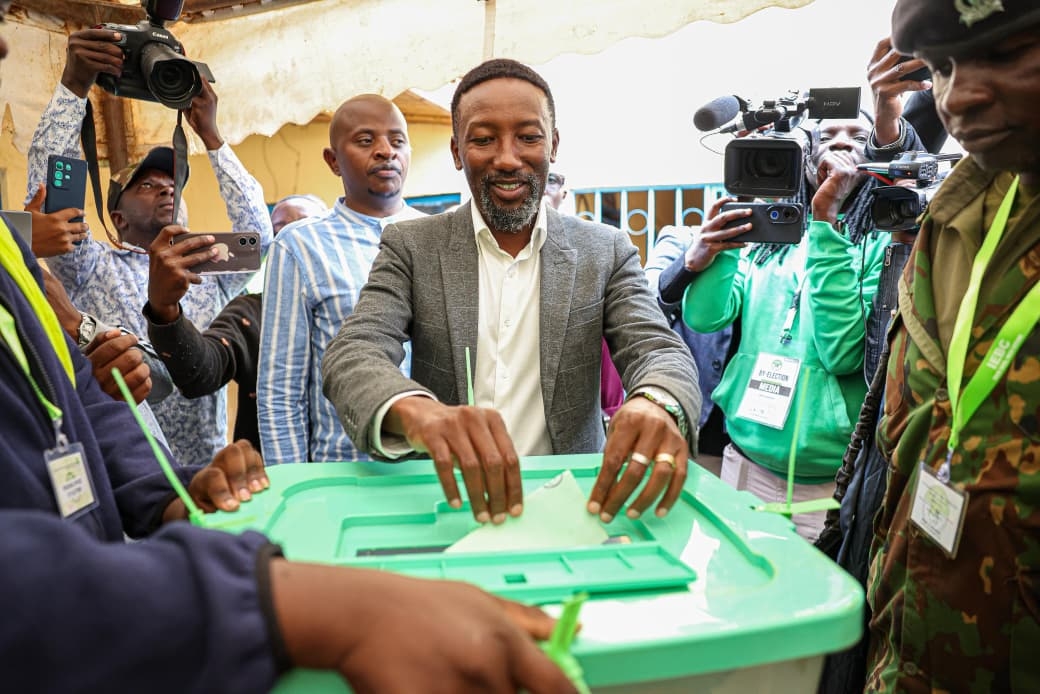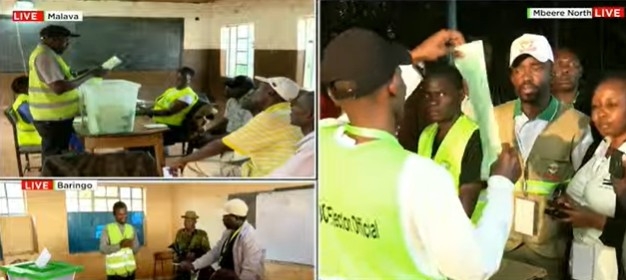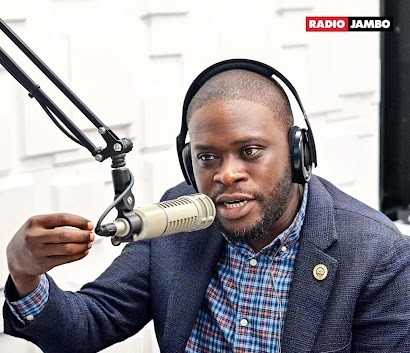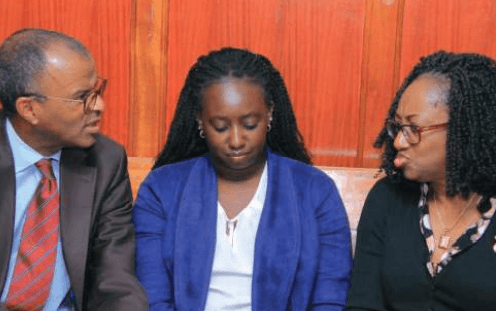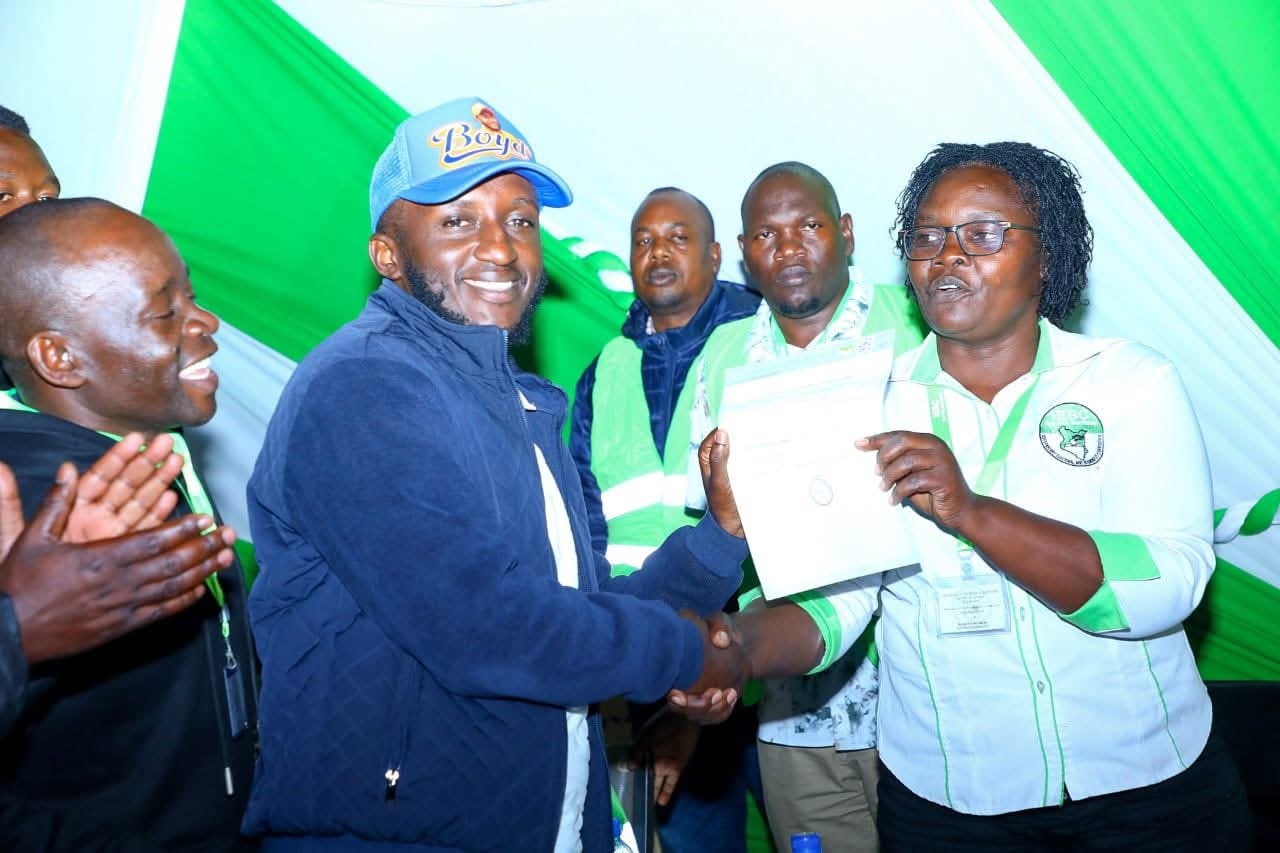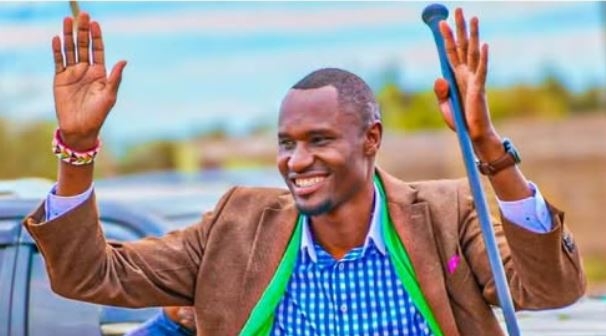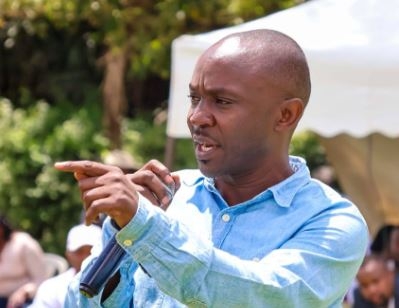One of the most pleasant aspects of our work as ambassadors and high commissioners is constantly marvelling at just how many young Kenyans are keen to learn French.
Indeed, in Kenya, there is no need to be in a francophone embassy or high commission to hear people speaking French! Nearly 40,000 youth learn it from kindergarten to universities countrywide, often gathering around Francophone clubs.
But what exactly do we mean by 'Francophonie'?
Very simply, Francophonie is the term that designates the ensemble of people, organisations and governments that share the use of French on a daily basis. And in this lies the possibility of economic opportunities on the global scale, for the young Kenyans who are already busy perfecting their written as well as spoken French.
In its 50 years of existence, the Organisation Internationale de la Francophonie – an organisation set up specifically to promote Francophonie – has developed a vast network of 88 countries, including somewhere French is not an official language. Promoting the French language among Kenyans is an opportunity for Francophone countries and for Kenya.
This is what we have been celebrating this month.
But, as noted already, there are also very practical reasons why any young Kenyan – or any Kenyan at all – would benefit from a good knowledge of French.
French opens tremendous opportunities. Students can immerse themselves in a broad and diversified francophone literature, before finding a job or starting a business. With more French-speaking entrepreneurs, Kenya’s blossoming tourism sector can even be more attractive to welcome some of the 235 million people who speak French daily worldwide.
In Nairobi or abroad, French can also help in securing a diplomatic job in international organisations, in UN Environment or UN-Habitat, where workers are using it as one of the United Nations six working languages. Beyond Kenya, speaking French might open doors for East African citizens to their own region, as it is spoken in Burundi, Comoros, Djibouti, DRC Congo, Madagascar, Mauritius, The Seychelles and Rwanda, as well as in 80 other countries being part of La Francophonie on the five continents.
We should also note here the visionary efforts by a majority of African governments to create an African Continental Free Trade Area (ACFTA)—a single continental market for goods and services, with free movement of businesspersons and investments. This will open up free trade throughout all of Africa, with those who are multi-lingual, being best placed to serve the business organisations that seek to take advantage of the opportunities the ACFTA will bring.
Like any language, French is not one-sided; learning it paves the way for cultural exchanges. With a solid level of French, Kenyans can teach English or Swahili in Francophone countries, as is the case for the 60+ language assistants currently in France who make French youth discover Kenyan cultures and traditions. Or they might increase their chances when applying for scholarship programmes in French-speaking countries. Already well established in Nairobi, the Alliance Francaise facility has been the launching pad for many young Kenyans aspiring to a career in the creative arts.
Engaging in a dialogue with francophone countries, through the Organisation internationale de la francophonie (OIF), is also a way to join a global conversation. Founded in 1970 in Niamey, Niger, the OIF is a platform for exchanges, responsible for promoting and disseminating the cultures of its members and intensifying cultural, scholarly and technical cooperation amongst them. The OIF milestones were set in Africa by African leaders in the majority.
“The founding fathers” of OIF (Senghor from Senegal, Bourguiba from Tunisia and Diori from Niger with Sihanouk from Cambodia) aimed at fostering solidarity between French-speaking countries. Since 1986, in 22 member states, the OIF has set up 317 Reading and Cultural Animation Centers, which offer access to books and culture to people in rural and underprivileged areas.
Francophonie also works to promote peace, democracy and human rights --values we can all identify with regardless of our proficiency in the French language. Further, OIF supports access to education to fight against exclusion, discrimination and poverty for sustainable, inclusive and equitable development.
OIF celebrates cultural diversity, promotes economic cooperation, supports access to education and ultimately works to promote peace, justice, inclusion, innovation and opportunity.
In this dynamic spirit, the Francophone family is ever-expanding and keeps welcoming new member states. In 2070, there will be an estimated 500 to 800 million French-speaking people in the world, the majority of whom will be young people living in Africa. This is both a great hope and an immense challenge for the entire French-speaking movement: a hope, because the future of the French language has never looked brighter; a challenge, because these youths must be offered prospects.
This is why the theme chosen by Tunisia for the next Summit of the OIF, in Tunis in December 2020, sticks to the preoccupations of Africa and its youth: 'Connectivity in diversity: Digital, a vehicle for development and solidarity in the French-speaking space'.
To celebrate the Francophonie month, many activities had been organised by various embassies in Nairobi that were a golden opportunity for the Kenyan youth to engage positively with the French-speaking world and assess the possibilities that this world offers to Kenyans.
Unfortunately, due to the current situation with the Covid-19, and with the advice issued by the Kenya Ministry of Health, all such activities have been cancelled. However, the Francophonie month is about solidarity. Bringing together French-speaking nations to exchange and celebrate the French language.
We need this solidarity during this period as we assess and tackle the Covid-19. It is only when we stay united that we can manage the situation and ensure we go back to business as usual.
This op-ed is collectively authored by the ambassadors of Tunisia, France, Switzerland, Belgium and Morocco, the Honorary Consul of Benin and the High Commissioner of Canada.



